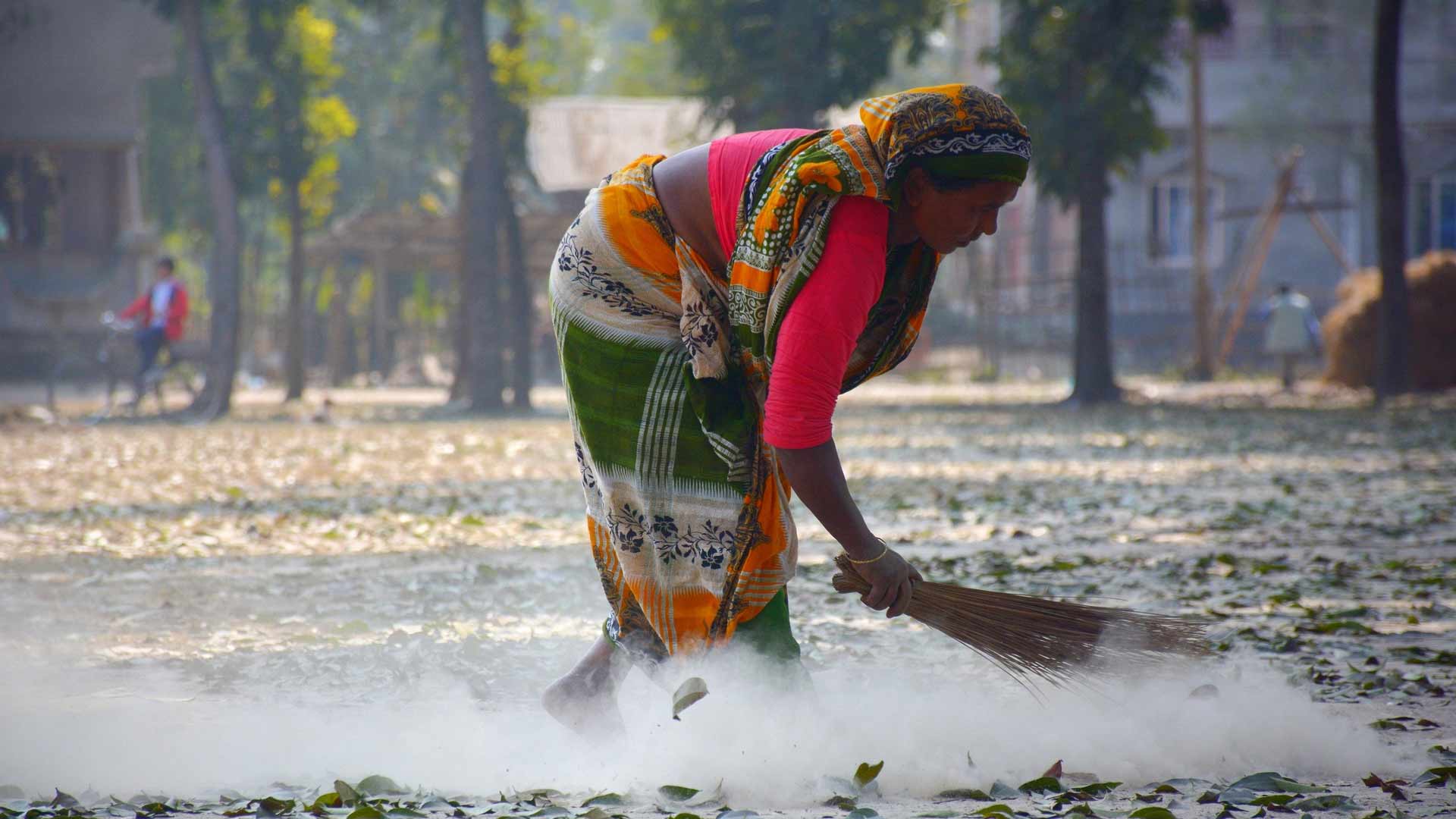Lifestyle of 30-Year-Old Ayesha in Rural Bangladesh
In the verdant rural settings of Bangladesh, where lush vegetation and demanding conditions prevail, we encounter the inspiring story of a thirty-year-old woman who, despite being illiterate, bravely confronts the considerable hardships often hidden from the outside world. This narrative presents a compelling account of her daily challenges, the cultural barriers she faces, and the indomitable spirit of women thriving in these remote regions.
Early Life and Education
In many remote areas, educational opportunities are scarce at a young age, especially for girls. Deeply entrenched gender norms prioritise domestic duties over academic pursuits. Ayesha, our protagonist, spent her early mornings tending to household chores instead of attending school. Unfortunately, her lack of access to education resulted in illiteracy, creating a significant barrier to her personal development.
Marriage and Motherhood
In the rural society of Bangladesh, the tradition of early marriage is deeply rooted. Ayesha, only sixteen years old, entered marriage, a practice common among young women in her village. Her husband, a day labourer, works tirelessly in the fields to provide for the family despite the minimal income. Ayesha’s daily schedule revolves around caring for three children, managing household chores, and supporting her husband’s agricultural work. Given the weight of her responsibilities, she seeks assistance finding time for personal growth and leisure activities.
Economic Struggles
Ayesha’s family faces financial struggles while living below the poverty line. Despite her limited formal education, Ayesha actively seeks alternative ways to contribute to the family’s income. She engages in labour-intensive activities such as weaving baskets and selling homemade goods at the local market. While these efforts provide some financial support, Ayesha is determined to explore additional opportunities for sustainable income generation.
Healthcare Challenges
Access to medical care in rural areas of Bangladesh is a pressing issue that requires attention. Ayesha and others in similar situations often rely on traditional remedies or forego treatment due to limited options. Addressing the distance to healthcare centres and the affordability of medical services is crucial. Additionally, improving maternal healthcare services is essential to ensuring the well-being of women like Ayesha during pregnancy and childbirth.
Social Isolation and Gender Inequality
Ayesha’s struggles with illiteracy highlight the need for increased support and resources to empower individuals in similar situations. Access to literacy programs and educational opportunities could substantially improve Ayesha’s ability to engage with crucial information and communication. Addressing gender inequality and promoting avenues for independent decision-making would greatly enhance Ayesha’s autonomy and overall well-being.
Environmental Challenges
In the rural setting of Bangladesh, the ever-changing environment presents distinct challenges that prompt innovative solutions. With natural calamities like floods, cyclones, and storms becoming a recurring reality, there’s an opportunity to explore resilient housing and agricultural practices. Ayesha’s family’s home, built with bamboo and tin, can inspire the development of more weather-resistant construction methods. Each natural disaster can serve as a catalyst for creating sustainable economic and food security measures to strengthen the community’s resilience.
Resilience and Hope
Ayesha’s persistent determination continues to shine through despite the numerous challenges she encounters. She derives strength and resilience from her close-knit group of women, who support and assist each other through mutually beneficial informal connections. Her unwavering commitment to providing her children with better education and opportunities fuels her relentless pursuit of success.
Support for individuals in need primarily comes from non-governmental organisations (NGOs) and community-based organisations (CBOs). These entities facilitate various initiatives such as microfinance projects, vocational training programs, and literacy programs, all of which serve as beacons of hope for those seeking to improve their circumstances. Ayesha’s active involvement in a local women’s cooperative has resulted in substantial economic benefits, exceeding her initial modest gains and significantly bolstering her ability to contribute to her family’s income.
Conclusion
Ayesha’s story resonates with the experiences of numerous resilient women in rural Bangladesh who exhibit remarkable strength despite facing formidable challenges. These women epitomise the need for holistic initiatives that tackle issues such as education, healthcare, economic empowerment, and gender equality simultaneously. Raising awareness about the unseen hurdles they encounter is essential, as this will propel us towards advocating for a future where women like Ayesha can flourish and carve out their destinies.

